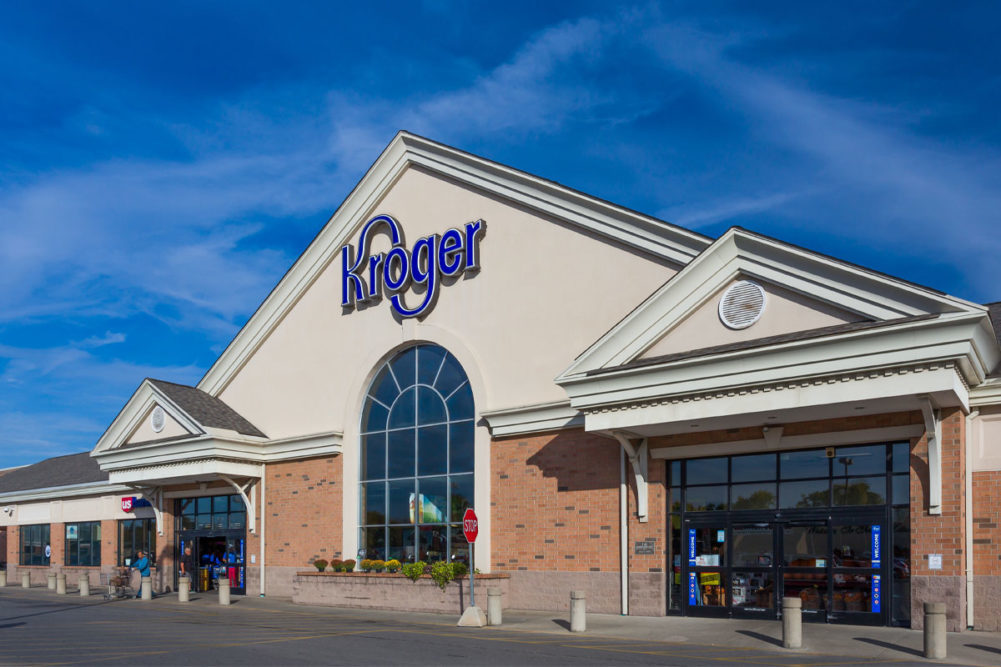CINCINNATI — Higher interest rates, reduced savings and fewer government benefits from the Supplemental Nutrition Assistance Program are impacting how consumers spend their money and, in turn, strategy at The Kroger Co., said William R. McMullen, chief executive officer.
“As we've seen over recent quarters, our customers are actively looking for value, and our budget-conscious customers are under more significant spending pressure,” he said in a Nov. 30 earnings call to discuss third-quarter financial results. “We are also looking for ways to support customers with additional value, including in-store displays with everyday staples at low price points. We've seen a great response from all customers to these offers, but engagement from our budget-conscious households has been especially strong.”
He gave a value example in Kroger offering a Thanksgiving meal bundle that served a group of 10 for less than $5 per consumer.
In the quarter ended Nov. 4, net earnings attributable to Cincinnati-based Kroger were $646 million, or 89¢ per share on the common stock, which was up 62% from $398 million, or 55¢ per share, in the previous year’s third quarter. Last year’s quarter included a $207 million net loss on investments. Sales dipped 0.7% to $34 billion from $34.20 billion. Excluding fuel, sales decreased 0.5%.
Kroger executives updated the company’s outlook for the fiscal year to reflect the impact of near-term economic pressures and food-at-home disinflation. New outlooks include identical sales without fuel up in a range of 0.6% to 1%, which compared to a previous outlook of up in a range of 1% to 2%, and adjusted net earnings per diluted share of $4.50 to $4.60, which compared to a previous outlook of $4.45 to $4.60.
“We recognize we don't have the perfect crystal ball, and we'll continue to watch and evaluate how we see the outlook for next year, but overall, most of the data that we're seeing would tend to point towards more of a typical year next year for food-at-home with food-at-home inflation being in the low single-digit range,” said Gary Millerchip, chief financial officer.
Other issues addressed in the earnings call were digital sales and weight-loss drugs.
Digital sales increased 11% when compared to the previous year’s third quarter.
“Digital offers have increased compared to last year, and our personalization capabilities have resulted in an even more significant increase in redemptions, driving loyalty and increasing digitally engaged households this quarter by 13%,” McMullen said. “Digitally engaged households are incredibly valuable to our model as they are more loyal, spend nearly three times more with us and accelerate growth in our alternative profit businesses.”
Sales growth in GLP-1 agonists, which are weight-loss drugs, continue at Kroger pharmacies, he said.
“While the long-term impacts of these drugs on customer buying habits are unknown, Kroger's food-as-medicine philosophy positions us well to support our customers' health and wellness goals,” McMullen said.
Over the first nine months of the fiscal year, net income attributable to Kroger was $1.43 billion, or $1.97 per share on the common stock, which was down 20% from $1.79 billion, or $2.47 per share, during the same time of the previous year. Nine-month sales decreased 0.4% to $112.98 billion from $113.44 billion.


